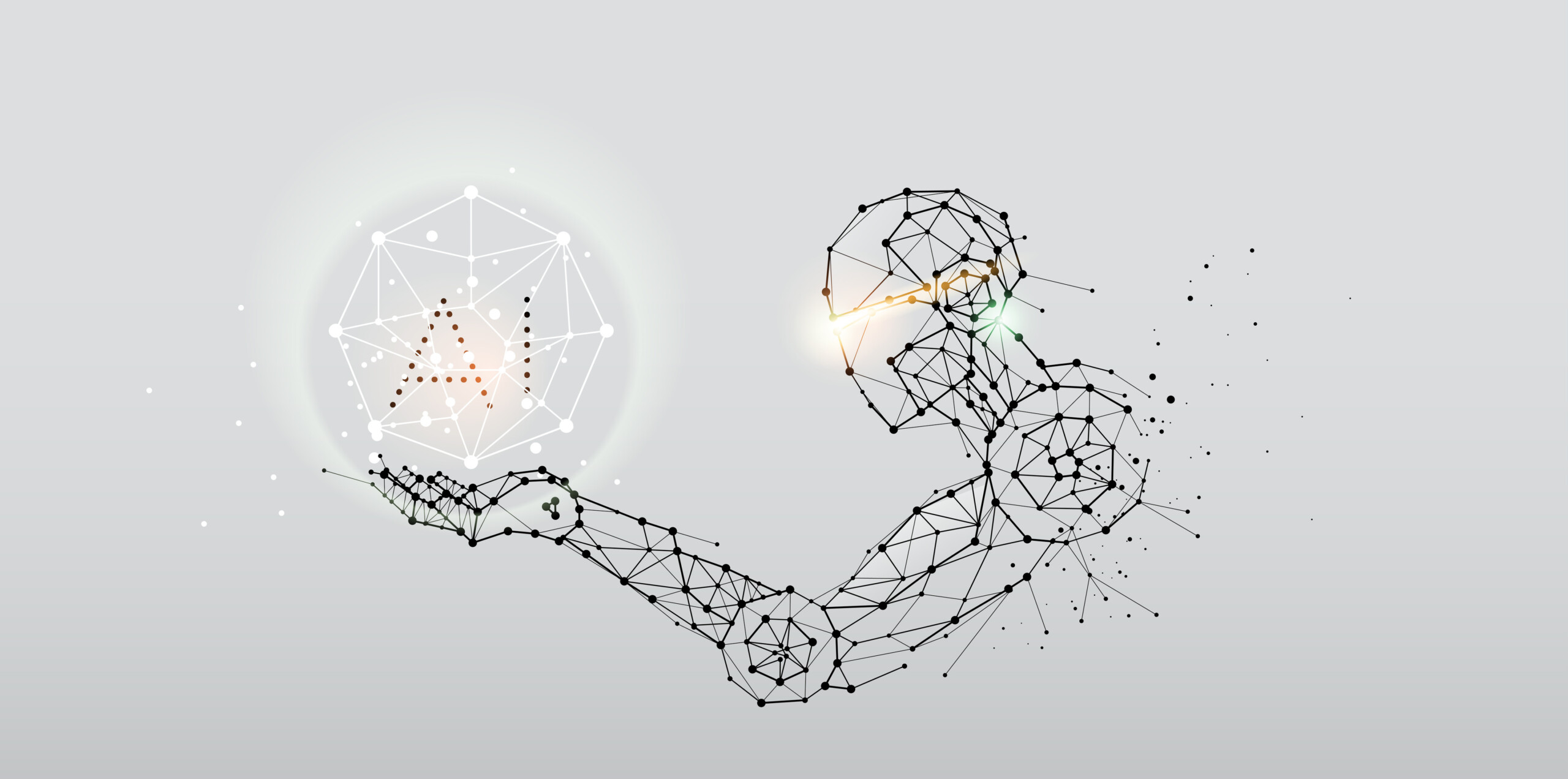
21 September 2021 the UK Court of Appeal decided that Dr. Thaler’s two UK patent applications listing the AI software DABUS as the inventor could not be granted because an AI-based machine is not a person and therefore cannot be an inventor for the purposes of the relevant UK Patents. On 12th August 2022, somewhat surprisingly, permission to appeal to the Supreme Court was granted in the case Thaler (Appellant) v Comptroller-General of Patents, Designs and Trade Marks (Respondent) UKSC 2021/0201 Neutral Citation Number [2021] EWCA Civ 1374.
No doubt, the case raises a vital principle of practice, namely whether a patent can be granted in respect of an invention that was created by a machine. Many are those who consider that the realm of inventorship is exclusively reserved for humans. Some commentators therefore argue that the UK Supreme Courts grant leave to appeal just to shut down the discussion of AI inventors once and for all.
Nevertheless, the official reason why the case is brought before the highest instance is that one of the three judges who heard the case on the lower level, Lord Justice Birss, considers that Dr. Thaler should be awarded a patent because the procedural requirements of the UK Patent Act had been satisfied.
The UK Patent Act section 13(2)(a) requires that the applicant identifies “the person or persons whom he believes to be the inventor or inventors”, and if not the application is deemed withdrawn. Birss argues that this simply means that the applicant must identify who he believes is the inventor. The wording of the section is open as to whether the inventor is human.
Section 13(2)(b) further states that the applicant, if not the inventor, must provide a statement “indicating the derivation of his or their right to be granted the patent.” There is no examination of the claimed right. Here, Dr. Thaler states that the inventor is an artificial intelligence machine called “DABUS” and that the applicant acquired the right to grant a patent by “ownership of the creativity machine DABUS.” This is probably a tricker point to make before the Supreme Court. However, Birss considers that the requirement of Section 13(2)(b) is complied with because Dr. Thaler has given an “indication” of the derivation of his right to be granted the patent. Dr. Thaler himself basically argues along the line that, as a general rule, the owner of a thing, such as a tree, is the owner of the fruits of that thing.
A decision from the UK Supreme Court is expected to be issued during 2023.
Text: Joakim Wihlsson
Source: UK Supreme Court
